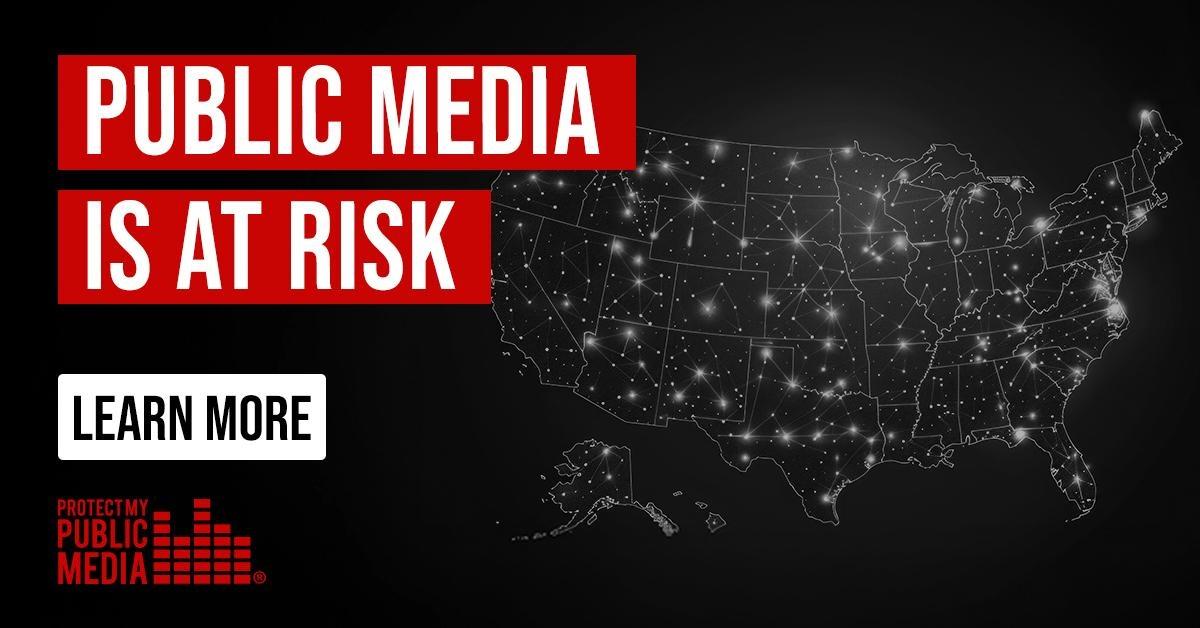Franklin Delano Roosevelt could have been the supreme pessimist when he took the oath of office and became the nation's 32rd president.
He didn't. He sought to buoy a nation burdened by economic depression with the promise of a "New Deal" that would lift the nation out of its doldrums.
FDR was a government activist in the extreme. Some of it worked, such as the massive public works projects he initiated. Some of it didn't, such as the infamous "court-packing" scheme he tried to enact by expanding the size of the Supreme Court.
"The Roosevelts: An Intimate History" walks us through the first years of Franklin Roosevelt's presidency in a segment titled "The Rising Road." It airs Thursday night at 7 on Panhandle PBS.
Some have argued that it took a world war to lift the nation fully out of its Great Depression. That conflict will be the subject of the next installment of this landmark Ken Burns documentary.
The years leading up to World War II were fraught with aggressive policymaking by a president seeking to make his mark.
He admonished the nation that it had "nothing to fear but fear itself" when he took office in 1933. So he set aside his own fear -- at least in public -- when he launched huge government spending programs. They were intended to build dams, roads, ports and improve recreational opportunities.
Let's remember that Palo Duro Canyon State Park was developed partly with money set aside by the federal government under the Roosevelt administration.
All these projects were intended to put people to work.
And FDR did this with a unique style. He introduced the nation to "Fireside Chats," in which he would speak to Americans via the radio to assure them that he was in charge and that the government was working hard to fix the nation's economic ills.
Social Security came into being during the Roosevelt years.
And he ran on a pledge to repeal Prohibition and on Dec. 5, 1933, the 21st Amendment repealed the 18th Amendment, which had banned the sale and distribution of alcoholic beverages.
Americans wanted an activist president and, by golly, they got one with Franklin Delano Roosevelt.






